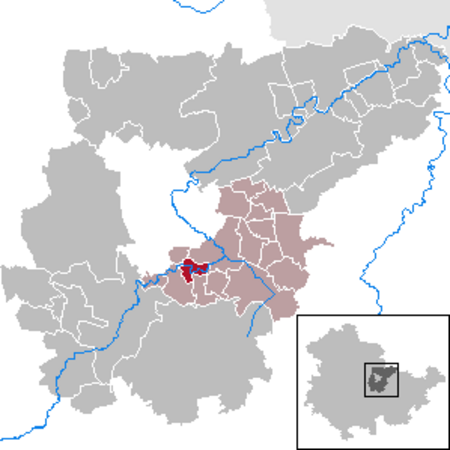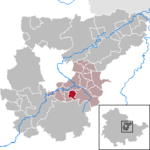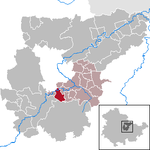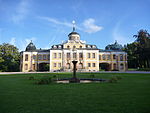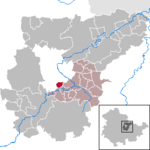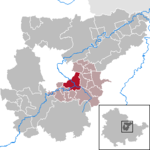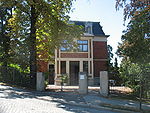The Nietzsche Archive (German: Nietzsche-Archiv) is the first organization that dedicated itself to archive and document the life and work of the philosopher Friedrich Nietzsche, all sourced from Elisabeth Förster-Nietzsche, the philosopher's sister.
The Nietzsche Archive was founded in 1894 in Naumburg, Germany, and found a permanent location at Weimar. Its history until the middle of the 20th century was closely tied to its founder and chief for many years, Elisabeth Förster-Nietzsche, the philosopher's sister. Though from its inception the archive came under much criticism for doctoring, or even forging, documents to support certain ideological purposes, the Archive was, until the end of the Second World War, a location of central importance for Nietzsche's reception in Germany. In the GDR it was affiliated with the Nationale Forschungs- und Gedenkstätten der klassischen deutschen Literatur in Weimar (National Research and Memorial Sites of Classical German Literature in Weimar), and formally dissolved in 1956. Its holdings were made accessible for western researchers, most notably Mazzino Montinari, who replaced the dubious old Archiv's Nietzsche editions with new ones. In the GDR, however, Nietzsche was still a forbidden author, with all of his works being banned.
Since German reunification, the archive's holdings are in possession of the Stiftung Weimarer Klassik, now called the Klassik Stiftung Weimar. The archive's domicile, the Villa Silberblick, is now a museum.
